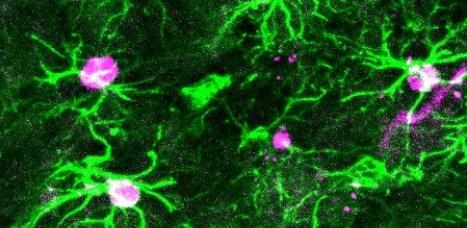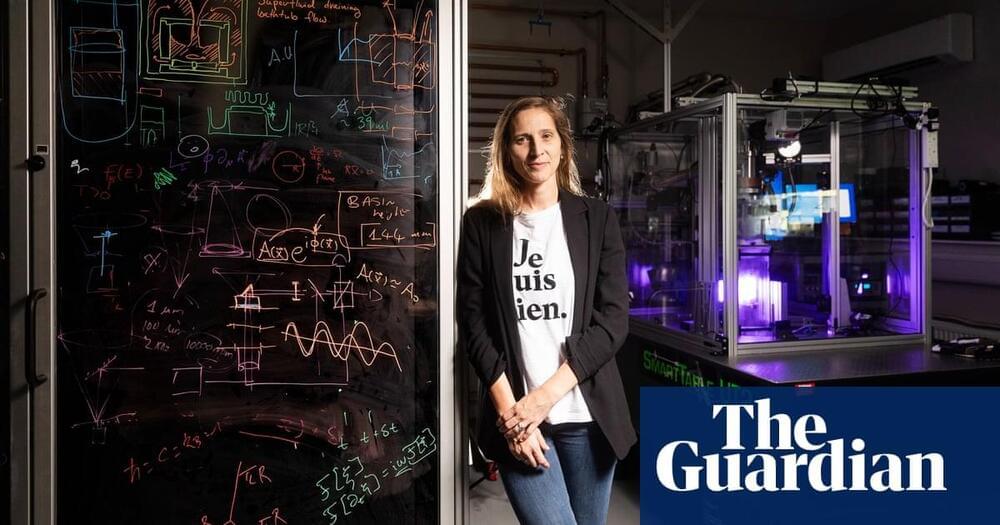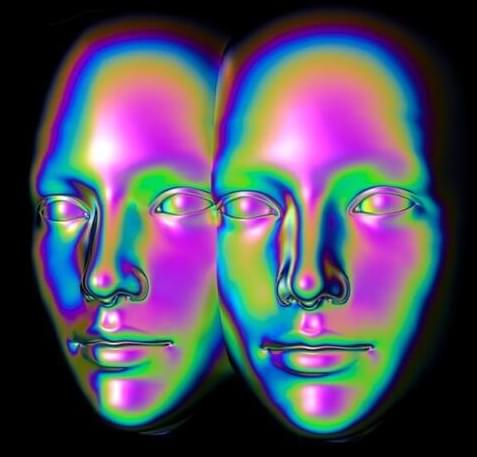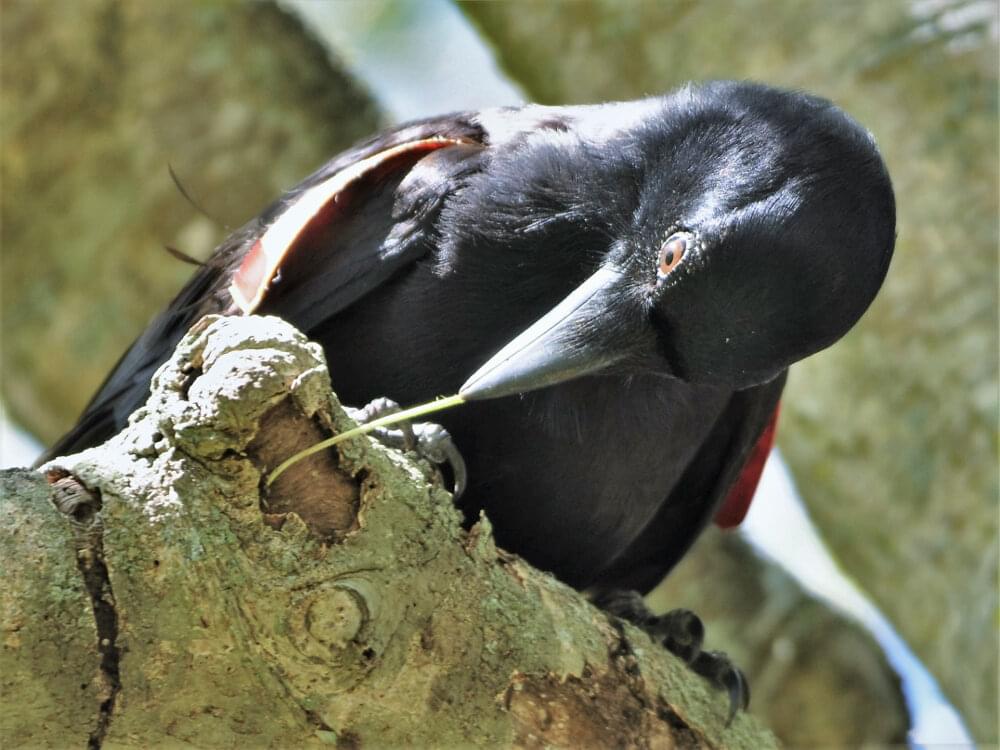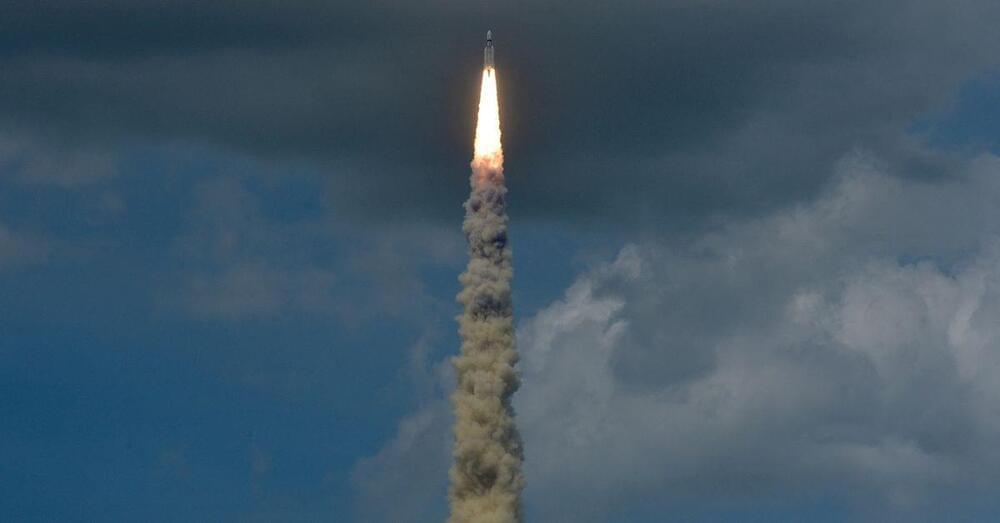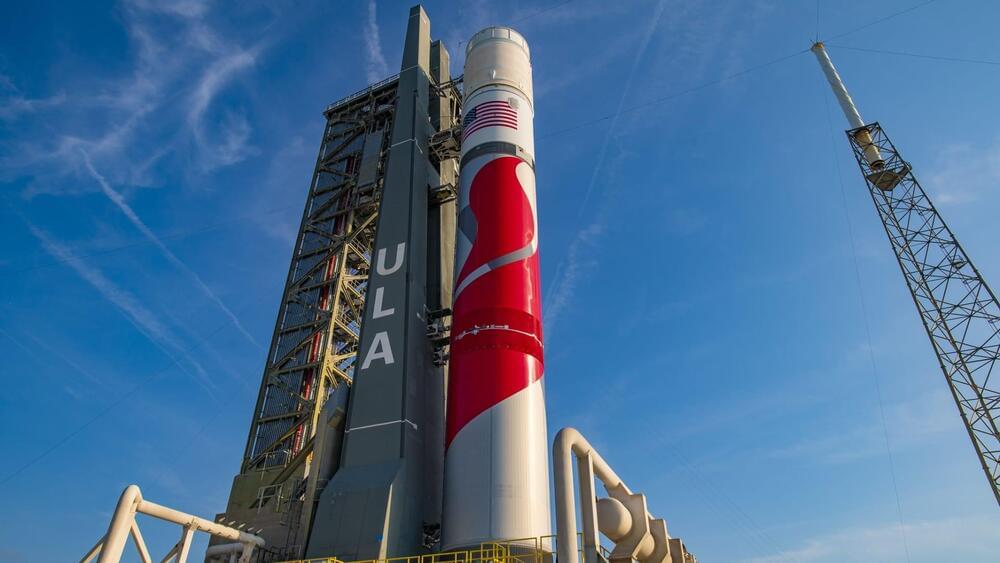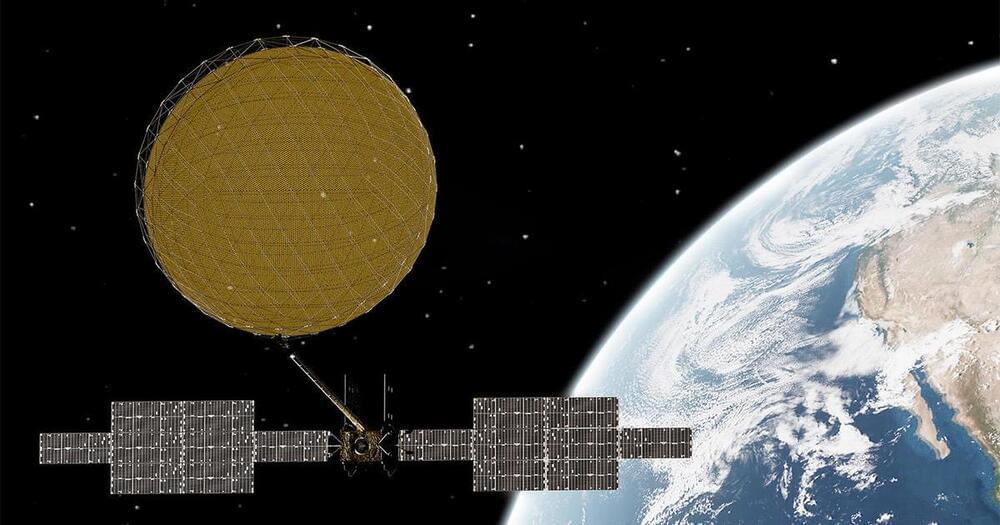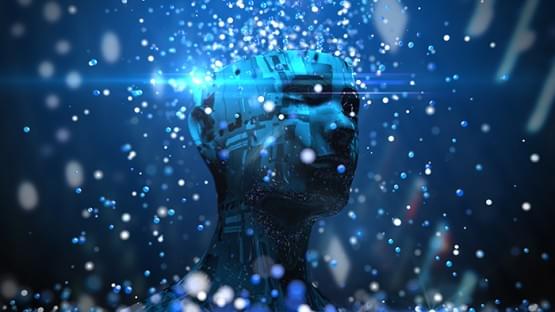Jul 14, 2023
Astrocytes: a hub of olfactory sensation processing
Posted by Shubham Ghosh Roy in categories: biotech/medical, neuroscience
To enjoy the scent of morning coffee and freshly baked cookies or to perceive the warning smell of something burning, the brain needs two types of cells, neurons and astrocytes, to work closely with each other. Research has shown a great deal of the changes that occur in neurons during olfactory, or smell, perception, but what are the astrocyte responses and how they contribute to the sensory experience remains unclear.
Researchers at Baylor College of Medicine and collaborating institutions report in the journal Science the responses of astrocytes to olfactory stimulation, revealing a new mechanism that is required to maintain astrocyte-neuron communication and process olfactory sensation.
“Previous studies have shown that under natural conditions in a living animal, olfactory stimulation of the brain activates neurons first, which changes the genes these neurons express to be able to mediate the olfactory sensation,” said first author Dr. Debosmita Sardar, a postdoctoral associate in Dr. Benjamin Deneen’s lab at Baylor. “In this study, we investigated what occurred to astrocytes following neural activity during olfactory stimulation and uncovered changes that had not been described before.”
